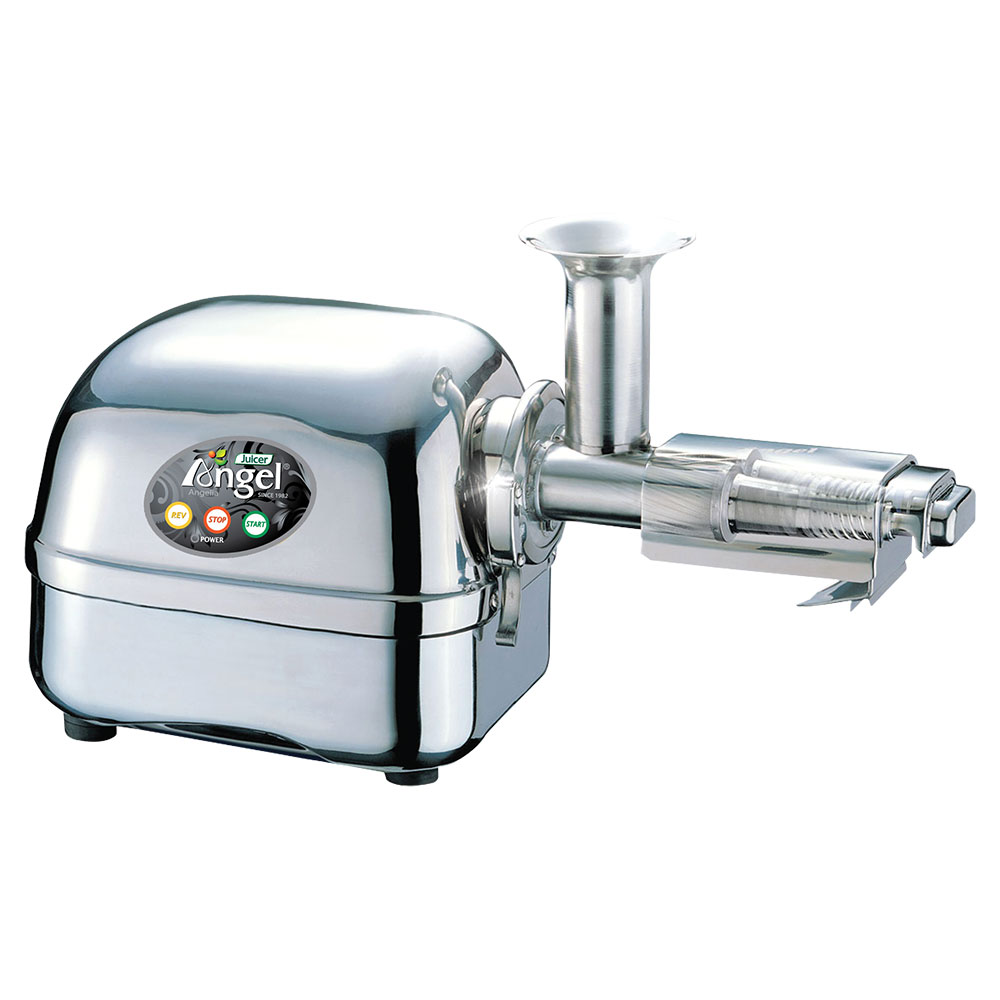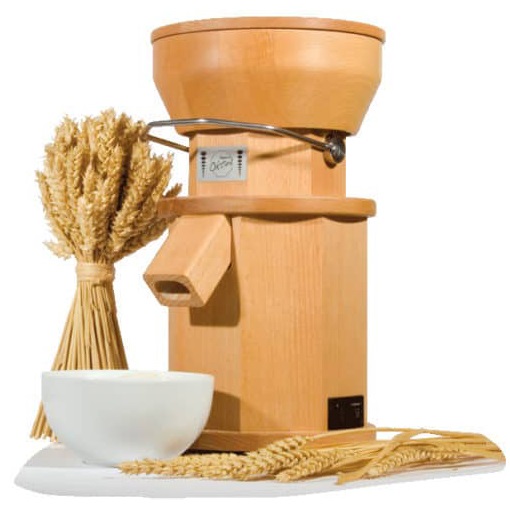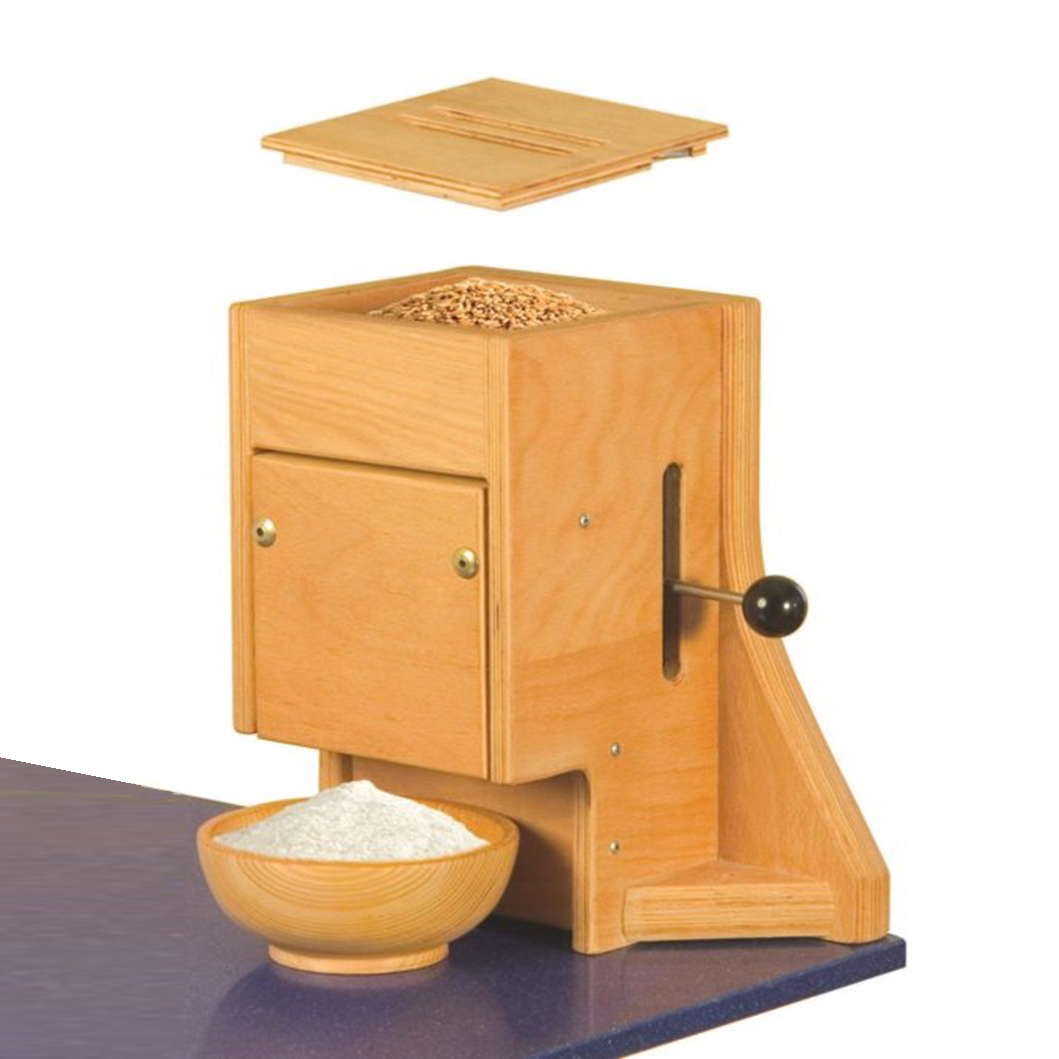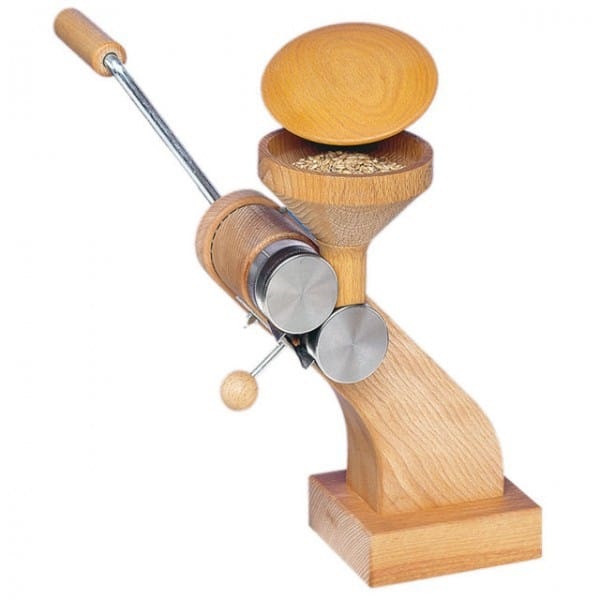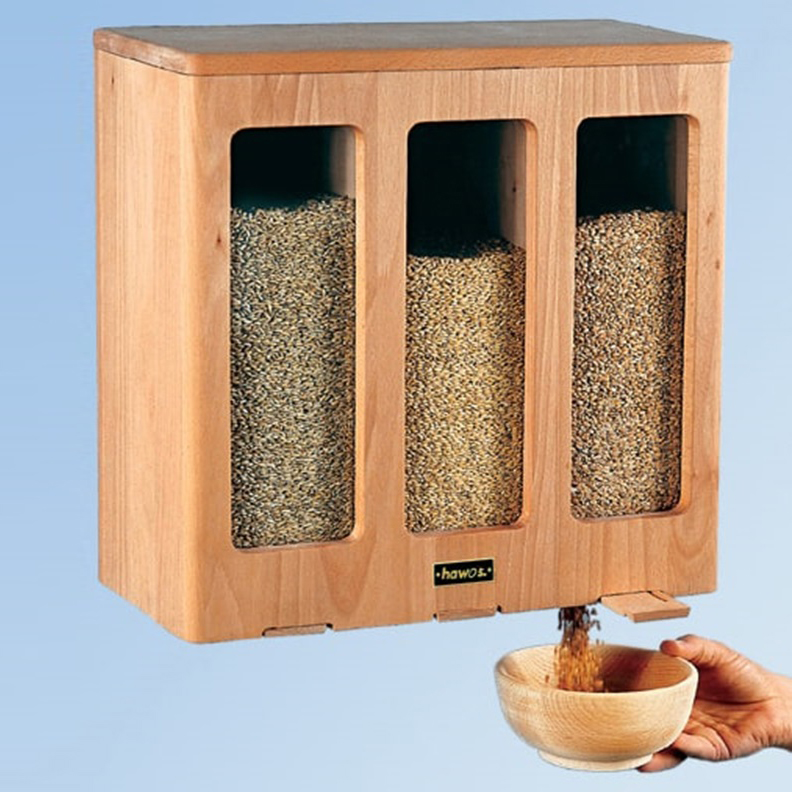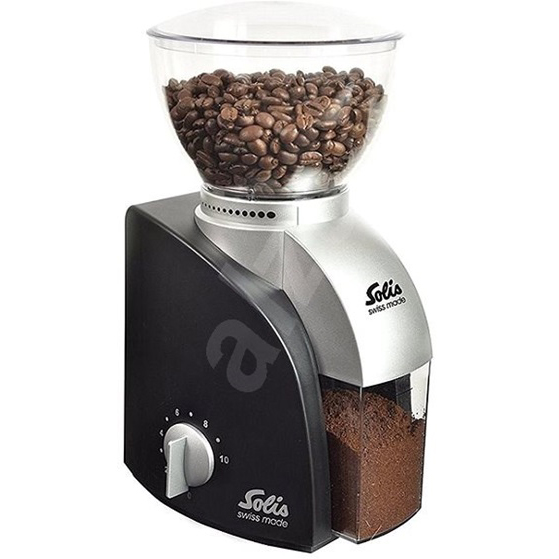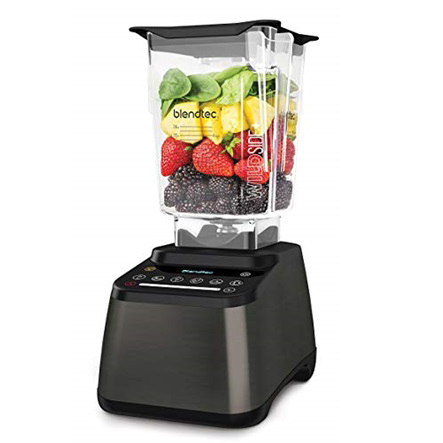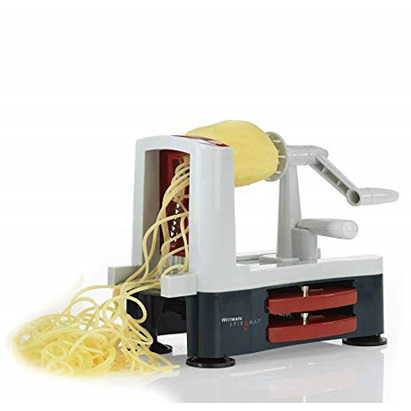Baking with freshly ground whole grain flour
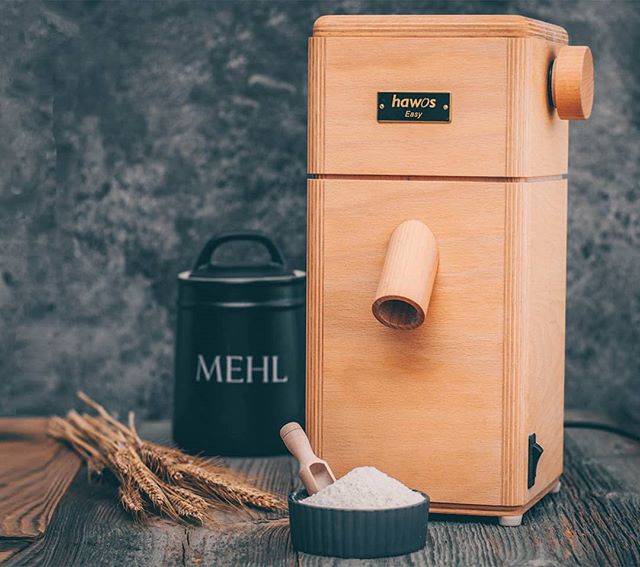
If you have little kids at home you must definitely be loving to bake some delights for them. Baking is better with freshly stone grounded whole grain flour both in terms of taste, aroma and nutrition.
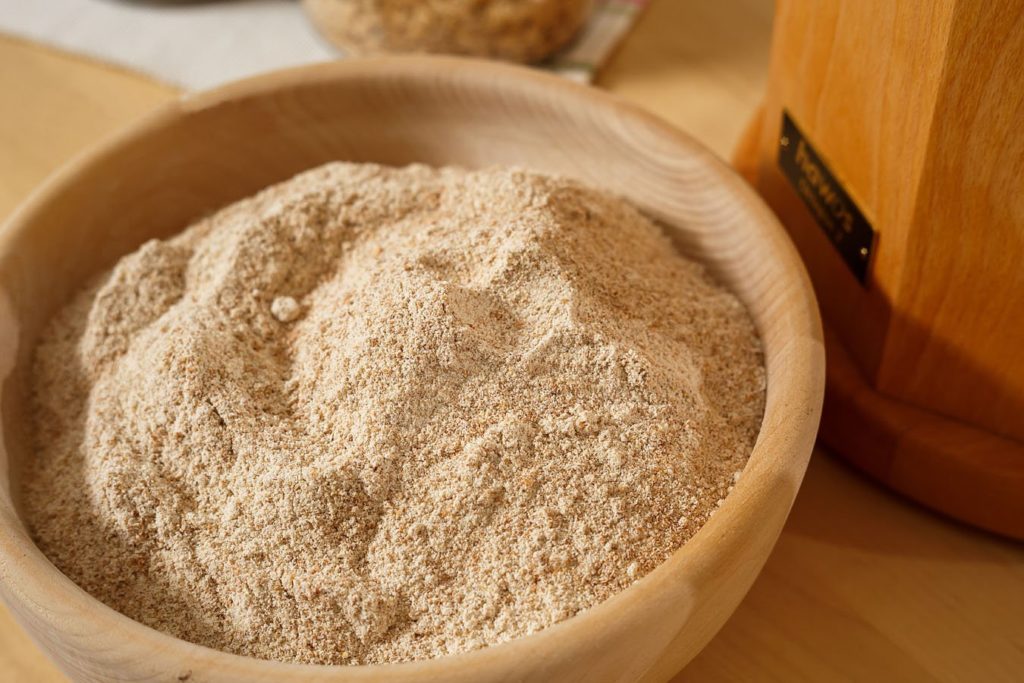
Previously, consumption of baked goodies was considered unhealthy owing to higher carbs and calories in them. However this has changed now a days with people opting out of refined flour and sugar and choosing healthier alternatives like, whole wheat flour and jaggery as nutritious and tastier options.
Now you can choose to freshly stone grind the grains of your choice with Hawos Flour mills right on your own kitchen slab and have an unending supply of healthy and unadulterated flour at your fingertips. Turning baking into a tastier and more importantly, a healthier indulgence
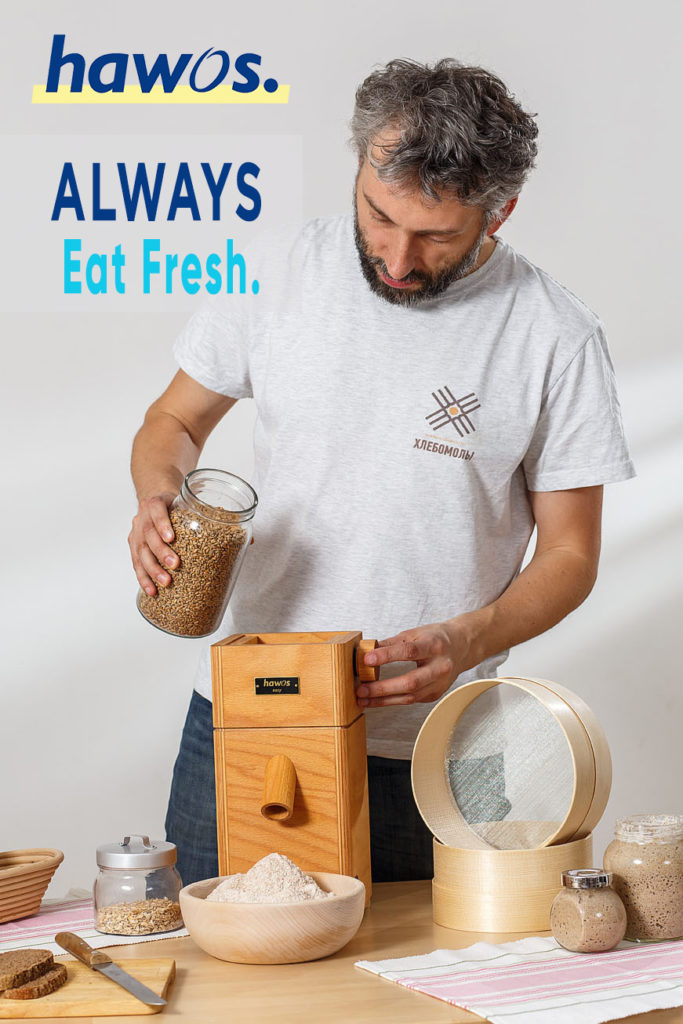
Now since you are aware of the enhanced taste, healthier option and prudence of freshly milled flour, let’s talk about how baking with freshly milled flour performs better than packed or stored flour.
- Stored flour get compacted and dense over time, while freshly milled flour is light and fluffy. All what you need is an adjustment in measurements depending on what are you baking.
- With Hawos Flour mill you have the flexibility of adjusting the coarseness of the flour.
- One can grind exactly how much is required, for example if one needs 200gm of fresh flour, 200 gm of whole wheat berries can be milled. The weight remains constant while converting the grain to flour, but volume will change. In this way, one can be more informed about the measurements of ingredients accurately. Using fresh ingredient will consequently make baked goods fresh every time and conveniently at that.
- Wholesome nutrients in the freshly milled flour help in the proliferation of yeast, which make the fermentation faster.
- Freshly stone ground flour absorbs considerably more amount of water, which undoubtedly leads to addition its nutrition value.
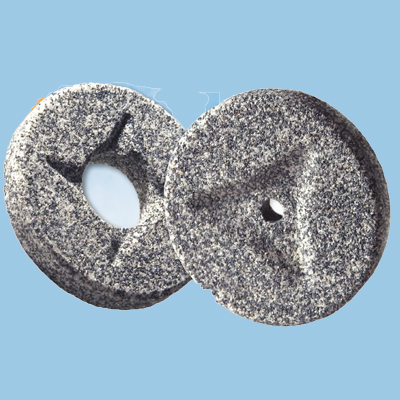
- When baking a loaf the bread, it will have tighter crumb.
The stone ground method of milling can be used for all of baking needs with different grains. Choosing the particle size of the flour is one more convenience that comes with these mills.
In a nutshell: Give a treat to your taste buds with delicious home baked cakes, breads and more in a healthify way with stone grinding Hawos Flour mills”.
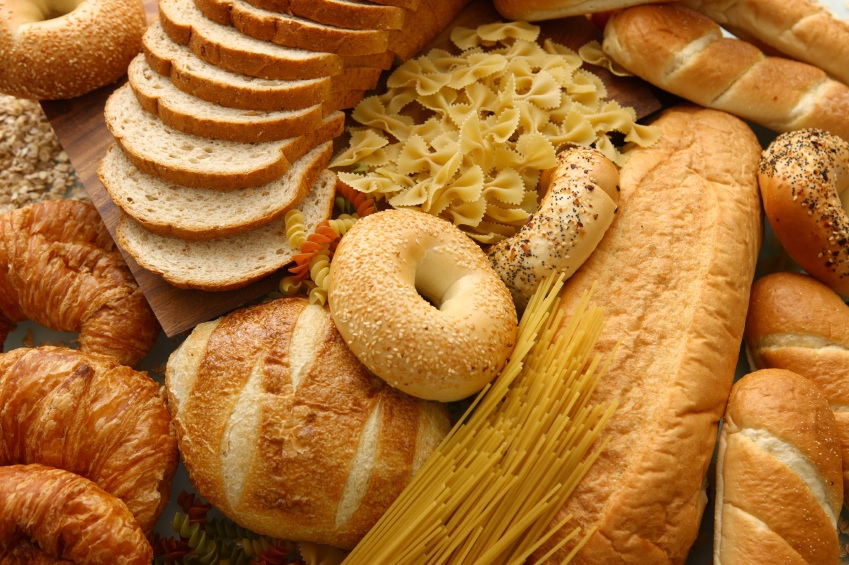
“Eat Fresh, Live Longer”

